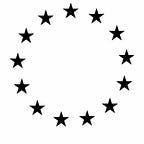The Art of Washing Your Hands . . .
There’s more to washing your hands than soap and water
12 min readMay 27, 2020
I work at the NHS and just by working there, washing my hands isn’t an option. Washing my hands is something I do which could possible save my life. I work with blood samples from patients and it isn’t uncommon for me to handle COVID 19 positive samples two or three or even four times or more a day.
